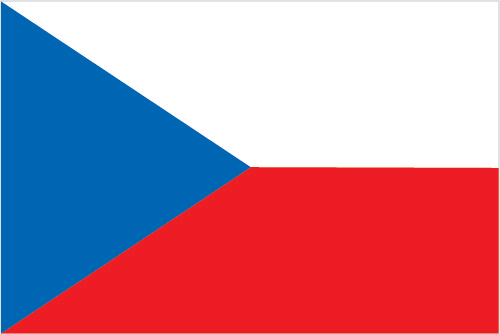
At the close of World War I, the Czechs and Slovaks of the former Austro-Hungarian Empire merged to form Czechoslovakia. During the interwar years, having rejected a federal system, the new country's predominantly Czech leaders were frequently preoccupied with meeting the increasingly strident demands of other ethnic minorities within the republic, most notably the Slovaks, the Sudeten Germans, and the Ruthenians (Ukrainians). On the eve of World War II, Nazi Germany occupied the territory that today comprises the Czech Republic and Slovakia became an independent state allied with Germany. After the war, a reunited but truncated Czechoslovakia (less Ruthenia) fell within the Soviet sphere of influence. In 1968, an invasion by Warsaw Pact troops ended the efforts of the country's leaders to liberalize communist rule and create "socialism with a human face," ushering in a period of repression known as "normalization." The peaceful "Velvet Revolution" swept the Communist Party from power at the end of 1989 and inaugurated a return to democratic rule and a market economy. On 1 January 1993, the country underwent a nonviolent "velvet divorce" into its two national components, the Czech Republic and Slovakia. The Czech Republic joined NATO in 1999 and the European Union in 2004.
hard coal, soft coal, kaolin, clay, graphite, timber
arable land: 40.12%
permanent crops: 0.96%
other: 58.92% (2011)
10,627,448 (July 2014 est.)
country comparison to the world: 83
Czech 64.3%, Moravian 5%, Slovak 1.4%, other 1.8%, unspecified 27.5% (2011 est.)
Roman Catholic 10.4%, Protestant (includes Czech Brethren and Hussite) 1.1%, other and unspecified 54%, none 34.5% (2011 est.)
Czech 95.4%, Slovak 1.6%, other 3% (2011 census)
definition: NA
total population: 99%
male: 99%
female: 99% (2011 est.)
Prague
parliamentary democracy
1 January 1993 (Czechoslovakia split into the Czech Republic and Slovakia); note - although 1 January is the day the Czech Republic came into being, the Czechs commemorate 28 October 1918, the day the former Czechoslovakia declared its independence from t
Czechoslovak Founding Day, 28 October (1918)